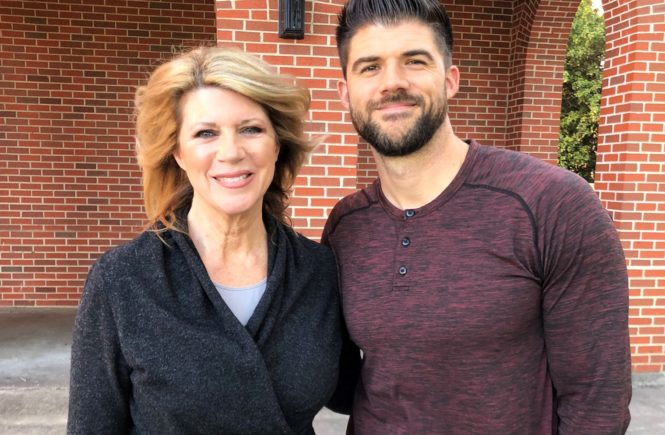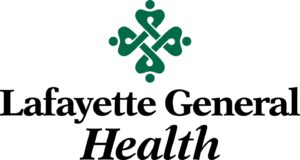Podcast: Play in new window | Download (Duration: 55:23 — 76.1MB)
To sleep or not to sleep? While many of us may think, or even brag, that we do exceptionally well with only four to six hours of sleep per night, the health statistics relating to this inadequate sleep pattern are alarming and prove otherwise. In this episode of Discover Lafayette, HPHI‘s Tyler Lafleur discusses the importance of adequate sleep (eight hours per night) and why sleep is the #1 prescription for his clients who want to achieve optimal health. After listening to this interview, you’ll never knowingly choose to skimp on your sleep again.
Twenty years ago, scientists believed that the main reason people slept was to “cure sleepiness” as it wasn’t understood how lack of sleep triggers a myriad of changes in the physiological, emotional and mental states of the body. Today, it is well understood that sleep is one of the four main biological drivers that keep humans alive, along with food, water, and sex (for procreation). Sleep is so important that The Guinness Book of World Records has done away with the category of “going without sleep” because of the health dangers of severe sleep loss.
Historically, as humans have evolved, we have always needed the same amount of sleep. However, modern inventions such as the blue light emanating from our electronic devices and Daylight Savings Time have affected our natural circadian rhythms and ability of our bodies to produce melatonin while reducing cortisol levels so as to induce a healthy sleep state. Adding in stressors that our ancestors never experienced (demanding jobs, traffic woes, incessant pings from smartphones and computers) and the increasing societal pressure to get more productivity out of each and every day, has resulted in sleep being pushed to the bottom of the priority list of things that have to get done. Until recently, no one even understood that sleep was a critical factor in health and wellness.
Matthew Walker PhD’s Why We Sleep: Unlocking the Power of Sleep and Dreams (2017). New York, NY: Simon & Schuster, Inc., is a powerful tome full of the author’s groundbreaking research on the benefits of sleep and the accompanying health issues generated from lack of restorative sleep. Tyler cited anecdotal evidence witnessed in executives he has coached that mirror the health issues discussed in Walker’s book. Sleep issues are at the core of all health issues his clients present, whether it be obesity, cardiovascular, thyroid, cancer or autoimmune diseases.
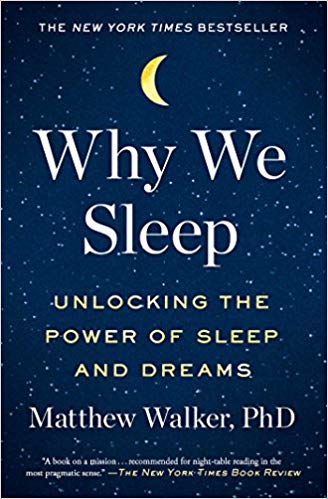
“Scientists have discovered a revolutionary new treatment that makes you live longer. It enhances your memory and makes you more creative. It makes you look more attractive. It keeps you slim and lowers food cravings. It protects you from cancer and dementia. It wards off colds and the flu. It lowers your risk of heart attacks and stroke, not to mention diabetes. You’ll even feel happier, less depressed, and less anxious.” (The proven benefits of a full night of sleep.”) Walker, Matthew (2017). Why We Sleep (1st Ed.) New York, NY. Simon & Schuster, Inc.
Healthy hormone levels are key to our health and sleep patterns, and cortisol and melatonin are at the forefront. Melatonin levels should increase gradually after it becomes dark outside to enable the body to wind down and enter a sleep state. As the night ends and the sun is about to rise, the cortisol hormone begins to rise between 4 and 6 a.m. to prepare the body to awaken. These natural rhythms are known as the circadian rhythm. Yet our modern lifestyle of watching tv, playing on the computer, answering emails and being exposed to incandescent lights till all hours delays production of melatonin and thus delaying the ability to sleep without artificial sleep aids such as Ambien, Xanex or alcohol. These artificial substances alter the body’s natural ability to engage in each stage of sleep: light NREM sleep, deep NREM sleep and REM (rapid eye movement) sleep.
NREM deep sleep is restorative sleep, where 99% of your growth hormone is produced and the time where memory and learning are solidified in the brain. This deep non-REM sleep also activates the glymphatic system which bathes the brain in cerebrospinal fluid which washes away oxidative wastes and toxins that have built up in the brain. During deep sleep, the brain’s glial cells shrink up to 60 percent, thus allowing the glymphatic system to perform a deep cleansing of amyloid proteins in the brain which are associated with Alzheimer’s Disease and other forms of dementia.
Scientists now know there is a direct link between the build-up of beta-amyloid plaques in the brain and a lack of sleep in the patient. Even one night without deep sleep causes a person to experience dramatic increases in amyloid-beta accumulation, with marked differences in brains that have gotten over seven hours of sleep as opposed to less than seven hours of sleep! The build-up of this plaque in the deep-sleep generating regions of the brain prevent the ability of the brain to enter deep sleep, thus creating a downward spiral of inadequate restorative sleep, raising your risk of getting Alzheimer’s disease.
The lack of restorative sleep also attacks the body’s immune system, preventing the body from making antibodies to fight disease. Whether it’s fighting off a cold or the flu, or combating cancer, a lack of sleep renders us unable to produce adequate immune cells to ward off disease. Many cancers such as breast, prostate, and colon are associated with a lack of adequate sleep, whether it is due to nighttime shift work or other reasons. The lack of sleep drives up the body’s inflammation response leading to an environment conducive to cancer growth and metastasis.
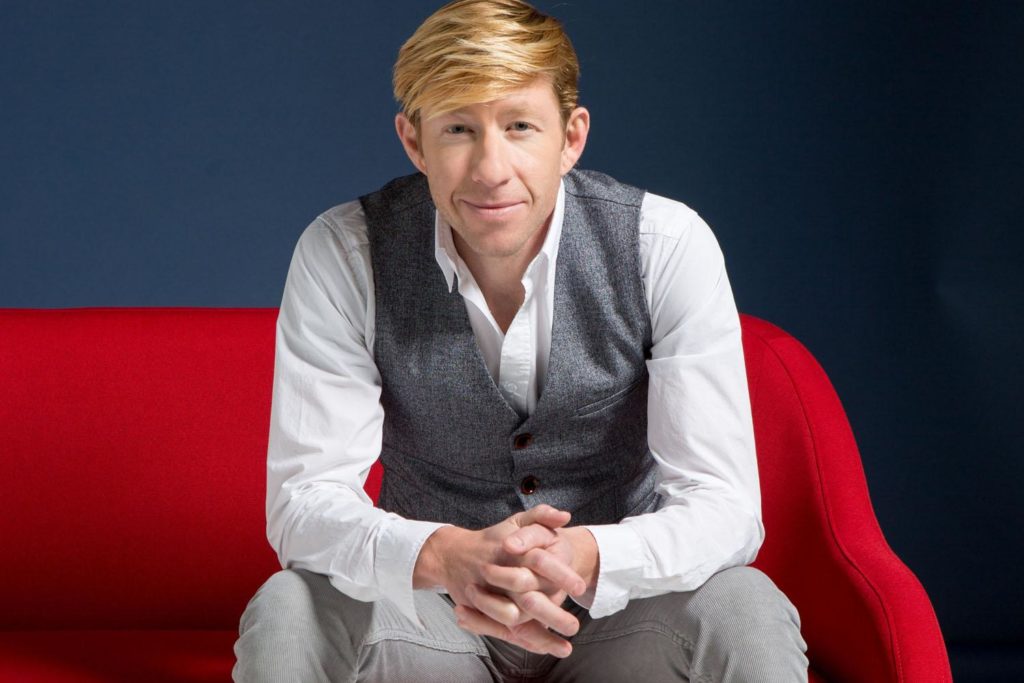
Matthew Walker, Ph.D., sleep expert that Tyler Lafleur speaks of in our interview, provides an in-depth interview on the importance of sleep on the Peter Attia, MD podcast, “The Drive.” Attia is a physician focused on the applied science of longevity.
Tyler Lafleur’s clients are all busy yet trying to regain optimal health. Demands of work, family, and other responsibilities while also trying to fit in time for hunting, fishing and travel can lead to a lack of boundaries in a person’s life. Many of them don’t own their time, their time owns them, and they never turn off the phone or prioritize taking care of themselves. Their calendar and ‘to-do lists’ are reactionary and unstructured, and as the years go by, they never realize how their frenetic pace adversely affects their health. Yet, they don’t want “to trade their health for wealth” as Tyler puts it. Many come to Tyler after they lose a friend to a heart attack, stroke or cancer or they hear a scary story about someone like them who drops dead.
Tyler reviews his executive clients’ schedules to determine what goes on in a typical day, including their sleep habits. Since 40% of Americans get less than the recommended eight hours of sleep, it is not surprising that most of the people he works with fall within that category. Many believe that they can “catch up” on their sleep on weekends, but it doesn’t work that way as you can’t bank sleep.
Once the client agrees to make changes to their day (and night) so as to achieve restorative sleep, Tyler recommends the following plan of action, which may take a few weeks to successfully implement:
- Get to bed and wake up at the same time each day, even on weekends.
- Deep breathing, a quiet room, and a weighted blanket.
- Eye mask, earplugs and sleeping on your own if necessary.
- Blue light blocking glasses on by 8:30 pm.
- Binaural beats or sound machine
- Using an eye mask in addition to using blackout blinds.
- Fan in the background.
- A VERY COLD room.
- Very Dark Room.
- Making sure to leave enough time for sleep and to relax for at least an hour before bed.
- Set a reminder for yourself an hour before you want to go to bed, so you can start focusing on the things that help you get ready for quality sleep and helps you from staying up too late.
- Hard workout during the day
- Sauna or warm bath before bed.
- Quitting Caffeine at noon.
Interestingly, while CBD (cannabidiol, a substance found in hemp) is effective in promoting sleep, marijuana is not! Marijuana interferes with sound sleep just as alcohol does, disrupting sleep and causing you to wake in the middle of the night. Pot also causes the munchies, perhaps making it harder to go to sleep and stay asleep. Tyler recommended Silverseed CBD oil.

Swannies are an effective blue-light blocking eyeglass that promotes sleep. 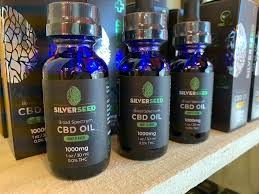
Silverseed CBD oil is a high-quality cannabdiol that may help achieve restful sleep.
The following supplements are known to be of benefit in your quest for some sound sleep and recommended by Tyler:
Magnesium Supplements: Natural Calm or Thorne; Liposomal Melatonin: Davinci Labs or Quicksilver Scientific; Kirk Parsley’s Sleep Remedy;Jarrow Phosphaditylserine,
Tyler also recommends a “digital sunset” which is a certain time after which no smart devices or television sets are on as they block the body’s ability to produce melatonin, the sleep-inducing hormone. Ideally, this would occur after the sun goes down but this is tough to accomplish. So, blue-light blocking glasses are recommended to block or absorb blue light emitted by electronic devices and light fixtures. A popular and effective brand is manufactured by Swanwick, known as Swannies.
In a nutshell, get your sleep! We’d like to thank Tyler Lafleur for his expertise in this important health message. Please share this article with your friends and family. You could save a life.
Tyler Lafleur offers Health and Executive performance coaching through his company, HPHI. Tyler earned a degree in nursing at UL-Lafayette, and is also certified as an Exercise Physiologist, a Certified Functional Medicine Practitioner, and has a Masters in Leadership Arts and Science from The Thayer Institute. For more information on Tyler Lafleur and HPHI, visit
https://www.hphi.life.

